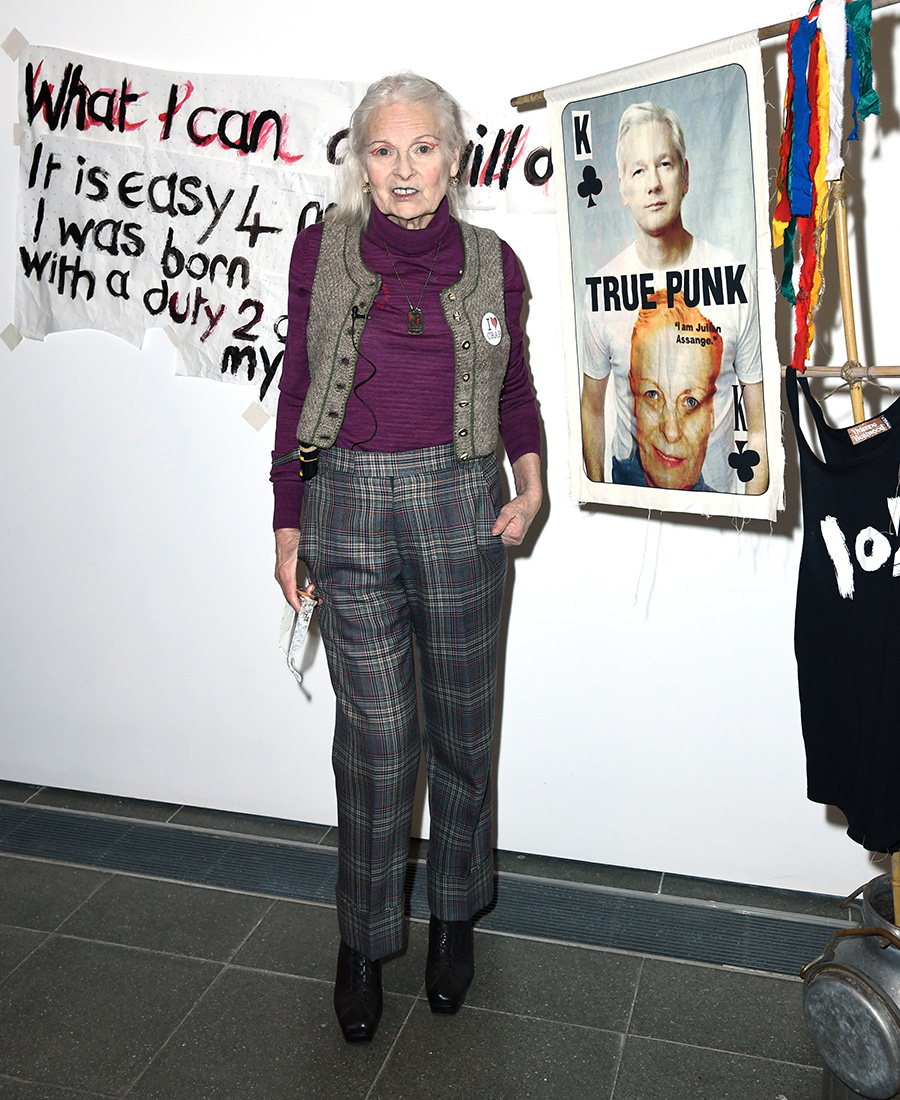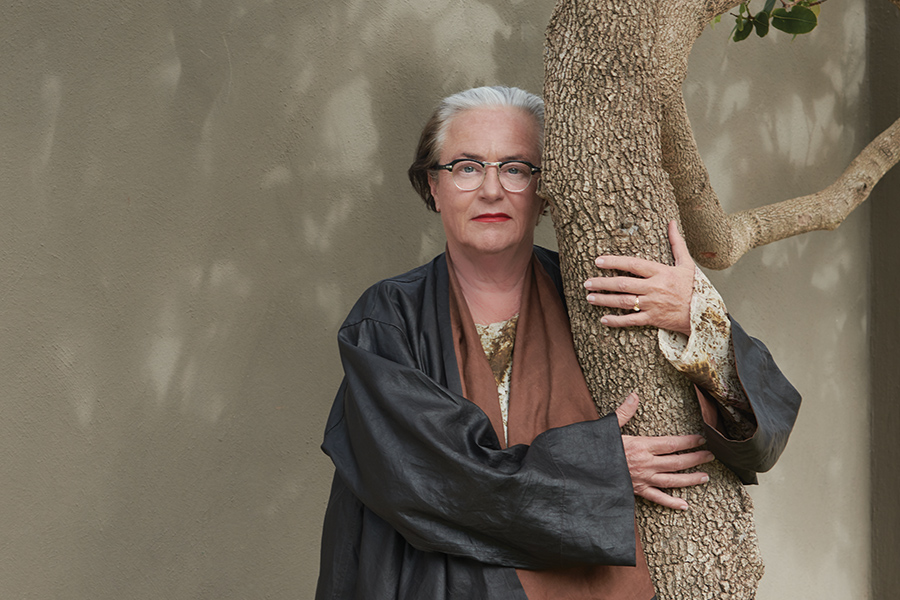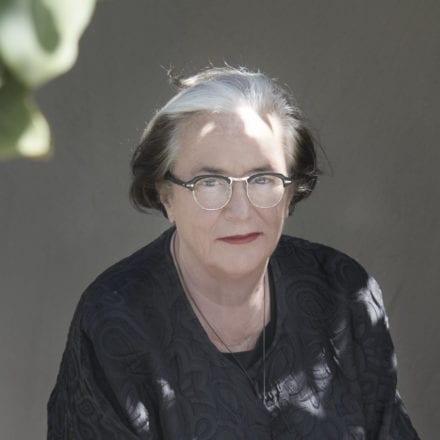Under siege from the coronavirus, many people have come to understand that they should change their behavior patterns, no longer traveling too much, producing too much, consuming too much, or using up too many resources.
The comfort of working from home, wasting time instead of money, has led people away from their addiction to material things and into a realm of sharing, caring, and making. Making food, making music, making love, and making clothes and crafts have become the center of life, learning the improvisation skills that ignite a more creative culture. Most people don’t want to go back to the same old society and long to change their lives forever.
Many companies, designers, and directors hear this call for change and know they shouldn’t miss this chance for the sweeping restructuring of business, slowing down its pulse.
By the end of this pandemic, as if after a war, only our buildings will remain standing, and everything else will have changed. Many enterprises will be forced into a leaner way of producing goods and services, with some companies skipping production lines no longer considered vital, keeping today’s products for next year’s offering and professing a more frugal business sense. Established designers are reconsidering the quantity of items they want to conceive and realize, recalibrating their assortment in line with precisely calculated demand.
Fashion has the unique opportunity to roll back the insane practice of delivering cashmere in May and swimwear in November. In an after-virus future, people should be able to buy a winter coat in winter and summer shorts in summer. Clothes will probably become essential and more uniform. Product design will also gain crucial momentum, giving shape to autonomous design on a smaller scale, handcrafted in ateliers, keeping a privileged connection with collectors and clients alike.

“Our economic system, run for profit and waste, are the primary causes of climate change. We have wasted the earth’s treasure, and we can no longer exploit it cheaply.” — Vivienne Westwood
Disasters are known as powerful ignition tools for radical ways of transforming business practices. Many countries will fund the return of production to their own shores, and outsourcing will become more diverse and less excessive, taking better care of workers and the environment. We can start up from scratch and build new systems where social and common aspects outweigh the ego, where morals and values overrule shareholder profits, and where collaboration and cooperation prevail to give more people equal opportunities. We have no choice but to join forces and stand together. New pacts need to be forged between fiber farmers, yarn makers, textile industries, and fashion houses and between raw material producers, independent designers, and their craftspeople. Whole supply chains need to be integrated, stimulated by federal funds, finding a shared interest and income from this rebirth in business. The economy of hope has the potential to transform society from within.
Stillness Is Your New Advantage
We will pause to regain our breath; frenetic consumption will be over, and people will rejoice. We will write with a comma and take time to think before we move on to business, using that space to rethink the purpose of life and work. In the process, we will still the pace and quiet the noise, whispering the prospects of a happier, more focused existence. We will yearn for stillness, like the silence of snow, the crispness of ice, or the idea of mist, which makes us anonymous and takes away excess information, blurring borders, and equalizing society.

A new frontier is beckoning, demanding that we reinvent everything from scratch. Just as people are downscaling their spaces, arranging their storage, and fasting for health reasons, humans will start to rethink their consumption of clothing and other products. The inconvenient truth that our behavior represents 10 percent of global warming is frightening and gives us wings to find solutions. Forced and invigorated by formidable women like Greta and Jane (and many teenagers and grandmothers in the process of bonding), awareness is rapidly growing, and conspicuous consumption will become a thing of the past. All retailers, brands, designers, and clients beware. People are aware and finally ready to change their ways and undo the shackles of their addiction to shopping. A feeling of liberation and lightness will be the result, hopefully elevating humankind.
This new stillness will be clear and twinkling like crystal, directed with precise goals for our future. Industries will decide to cut production, streamline design, and make responsible products that last. We will ban seasonal drops and goody bags, special events, and Instagram design since we can no longer afford to make waste.
This doesn’t mean we will stop making beautiful things; on the contrary, beauty is a form of activism, somehow appeasing the pain we are experiencing. Therefore, the focus will be on less and better, minimal, and exceptional as well as sustainable and intuitive. The wardrobe will be reconstructed with fewer elements delivering more ways to be used. Our homes will include only the essentials we need for being together and private wellness. We will start with a blank page to write a new chapter for humanity and our quest for survival.

The World Hope Forum
The World Hope Forum is a new gathering that will include on its agenda climate change and caring for all neglected people involved in production chains and services. Under the leadership of ambassadors chosen in participating countries, the World Hope Forum will bring together speakers and selected case studies, ethical practices, retail reinventions, and innovative ideas that will sprout in a new spring of revival. The event, which may become virtual, was announced by Li Edelkoort at the Virtual Design Festival in April and initiated by Marcus Fairs, founder of architecture, design, and interiors magazine Dezeen. It will be further outlined at Voices — an annual event that unites the movers, shakers, and trailblazers of the fashion industry with the big thinkers, entrepreneurs, and inspiring people who shape the wider world — created by Imran Amed, founder of Business of Fashion.




































